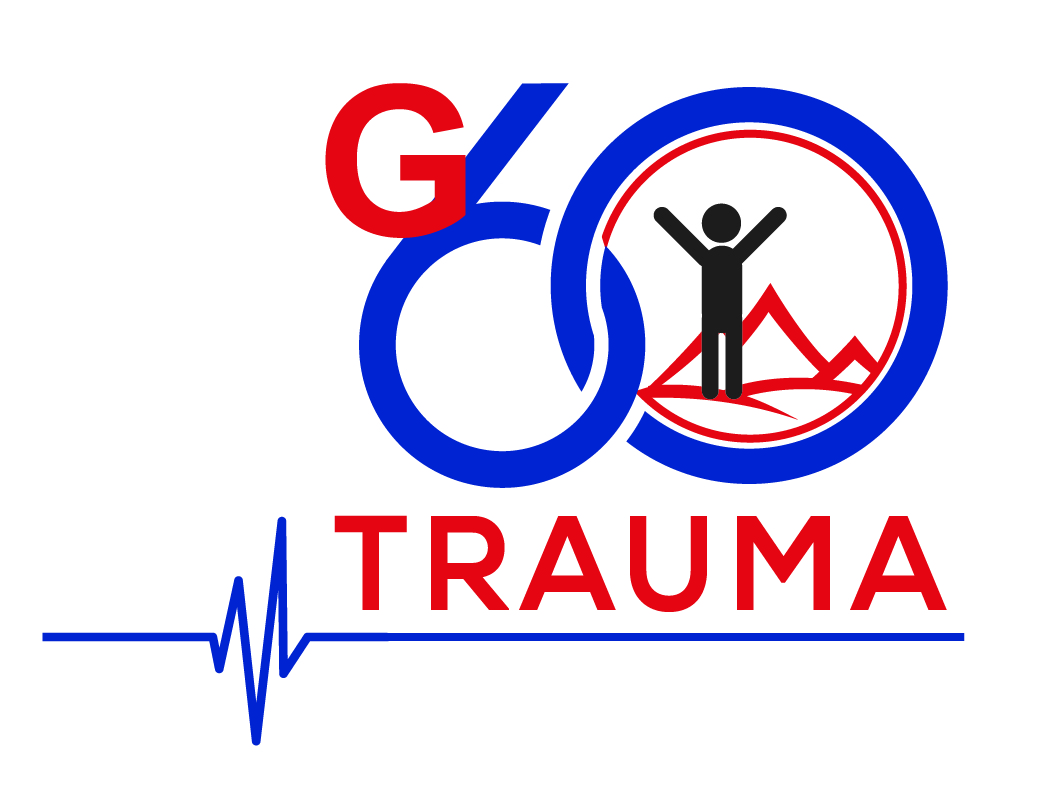The G60 Model
Care must be aggressive, timely and coordinated across multiple disciplines. Examples of aggressive care include:
Multi-modal pain strategies
Pain blocks (hip, epidurals)
Rib fracture repair - Muscle sparing minimally invasive operative rib fixation (MSMIT)
Timely surgical intervention within 24 hours of injury
Care and rounds are led by the Trauma Surgeon team
Internists are consulted as needed ensure chronic disease issues are addressed
Pharmacist involvement are involved to ensure medication coordination
Case Management/Social Services are available to assist with insurance requirements and post-acute care planning
Nursing
Respiratory assists with pulmonary needs/concerns
Gerontologist is asked to participate especially if delirium or polypharmacy concerns are present
Physical, occupational and speech therapy add valuable input on physical and cognitive needs
Demonstrates to patients and families the benefits of a choosing a facility that has a dedicated program, such as G60, which individualizes care specific to the needs of this population of older adults
Encourages professionals and facilities to create programs specifically to the needs of the older adult with traumatic injuries
Creates a “one stop” resource for guidelines and protocols specific to the care of the G60 patient
Utilize evidence-based strategies to guide care
Assess outcomes through data analysis
Demonstrate leadership in care modalities through peer-reviewed publications





